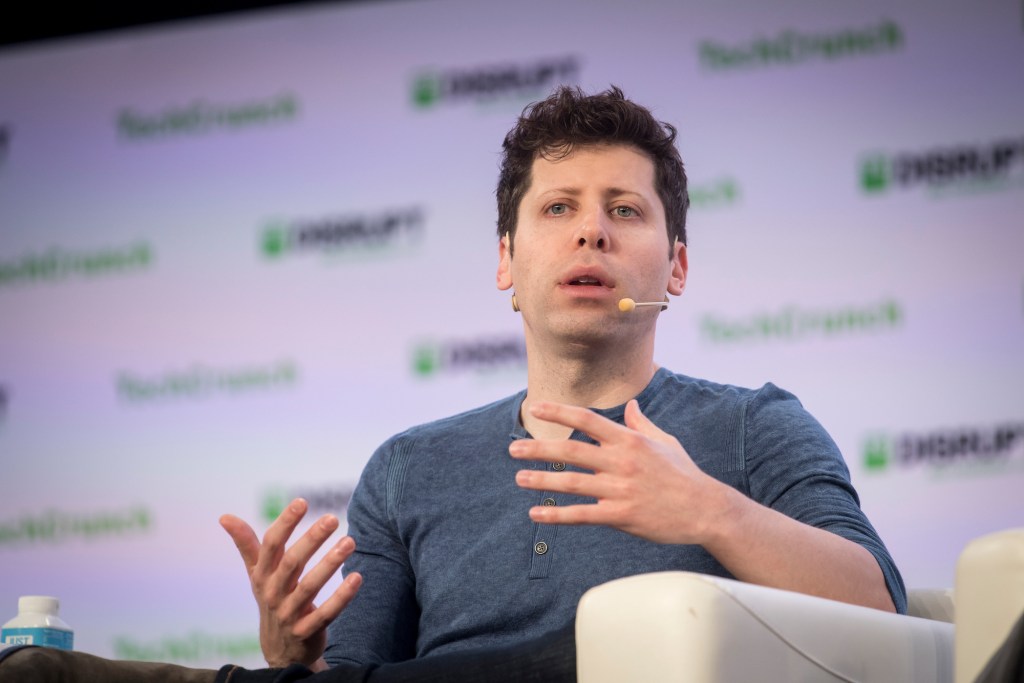TGIF, my TechCrunch homies. It’s that time of week again — the time for Week in Review, where we recap the past five days in tech news. As always, lots happened, so let’s dig in sans delay.
Well, perhaps with a slight delay. I’d be remiss if I didn’t mention that TechCrunch Early Stage, TechCrunch’s annual founder summit, is around the corner — on April 20, to be exact. Set in Boston this year, Early Stage will host sessions with advice and takeaways from top experts and provide opportunities to meet entrepreneurs taking incredible journeys. Trust me, it’ll be worth the trek.
Disrupt, TechCrunch’s flagship conference, will also be well worth the trek. (And I’m not just saying that because yours truly will be participating — I swear it!) This year, Disrupt will feature six new stages with industry-specific programming tracks, inspired by our popular TC Sessions series. Experts across climate, mobility, fintech, AI and machine learning, enterprise, privacy and security, and hardware and robotics will be in attendance and will have fascinating insights to share.
So, signed up for both events? Great. Now, here’s the Week in Review!
most read
ChatGPT in API form: OpenAI introduced an API that’ll allow any business to build ChatGPT tech into their apps, websites, products and services. (As a refresher, ChatGPT is the free text-generating AI that can write human-like code, emails, essays and more.) Snap, Quizlet, Instacart and Shopify are among the early adopters.
Becoming human: A startup, Figure, emerged from stealth this week promising a general-purpose bipedal humanoid robot. (Brian broke the news of the startup’s existence in September, in case you missed it.) The Figure robot’s alpha build, which the company completed in December, is currently being tested in its Sunnyvale offices. It’s focused on a wide range of manual labor tasks for now.
Warrantless surveillance: Zack reports that the Secret Service and ICE’s Homeland Security Investigations unit repeatedly failed to obtain the correct legal paperwork when carrying out invasive cell phone surveillance. The findings were published last week by Homeland Security’s inspector general, tasked with oversight of the U.S. federal department and its many law enforcement units, which said that the agencies often used cell-site simulators without obtaining the appropriate search warrants.
Salesforce turns it around: This week, Salesforce reported its fiscal fourth-quarter earnings, including revenue that topped expectations and guidance that came in ahead of street estimates. It was a much-needed win for the company, which was facing increasing pressure from activist investors, including Elliott Management.
Hydrogen powered: Startup Universal Hydrogen took to the air this week with the largest hydrogen fuel cell ever to fly. The 15-minute test flight of a modified Dash-8 aircraft was short, but — as Mark writes — it showed that hydrogen could be viable as fuel for short-hop passenger aircraft. (Many technical and regulatory barriers stand in the way, however.)
Pause your streak: Ivan reports that Snapchat will allow users to pause their Snap streaks — where you send a snap to your friend once every 24 hours — so they don’t have to worry about breaking them if they decide to not access the app for a while.
New nonprofit for AI: A community-driven AI research group, EleutherAI, is forming a nonprofit foundation. Funded by donations and grants from backers, including AI startups Hugging Face and Stability AI, former GitHub CEO Nat Friedman, Lambda Labs and Canva, the nonprofit plans to research issues around large language models along the lines of OpenAI’s ChatGPT.
Ceasing “Succession”: The official trailer for the final season of “Succession” premiered this week, and it appears that the series is ending with an epic mic drop. As Lauren writes, the HBO series was not only hugely successful, with its 13 Emmy wins and five Golden Globe awards, but it was also an interesting commentary on the media industry. Creator and showrunner Jesse Armstrong has admitted to taking inspiration from lots of places, including the Rupert Murdoch playbook.
audio
Like Elon Musk’s meddling with Twitter, the TechCrunch podcast machine never stops. This week on Equity, Mary Ann, Becca and Alex gathered to riff through the week’s biggest startup and venture news, including what’s happening in the land of NFTs, AI versus crypto in venture hype cycles and Amazon’s unlikely partnership. And on The TechCrunch Live Podcast, Matt Burns spoke with Sagi Eliyahu, CEO and co-founder of Tonkean, and Foundation Capital partner Joanne Chen, all about addressing blind spots in leadership and the best ways for founders to work with their board of directors.































Comment